Hindi Film Song is the proclaimed victory song of Indian popular music. Countless musicians, voices, composers and lyricists have contributed to its emergence and prosperity. Irrespective of origins and locations, Hindi Film Song has artistically explored, craftily modified numerous musical resources and sometimes even shamelessly plagiarized them! Did K.L. Saigal sing better when drunk or when sober? Was Kishore Kumar an actor who sang or a singer who emoted? What did Lata Mangeshkar think when she heard Hemant Kumar? Are ‘songless’ films hooted out in India? Anecdotes, floating myths, rare reminiscences and moving personal encounters have lit up the world of Hindi Film Music. On the other hand, deep cultural convictions, significant musicological concepts and radical aesthetic ideas have also shaped it. Analyzing composers and voices, noting historical developments and discussing aesthetic issues, Dr. Ashok Da Ranade seriously and lovingly brings together all strands to trace a complete musical profile of the distinctly Indian phenomenon that continues to cross all kinds of boundaries…
ABOUT THE AUTHOR Ashok Da Ranade
Sangeetacharya Ashok Da. Ranade is a vocalist (Hindustani classical), musicologist, voice-culturist and ethnomusicologist. He has composed music for plays, documentaries and films. His writings in Marathi and English on music and theatre are widely appreciated and read throughout India and the world. Broad cultural vision, rigorous analysis, clarity and thought-provoking presentation are his strengths. He seeks to explore everything that is touched by music. Dr. Ranade’s publications include: Sangeetache Saundaryashatra (1971), Loksangeetshastra (1975), Stravinskyche Sangeetik Saundaryashastra (1975), On Music and Musicians of Hindoostan (1984), Marathi Stage Music (1986), Maharashtra: Art Music (1989), Keywords and Concepts: Hindustani Classical Music (1990), Music and Drama in India (1991), Indology and Ethnomusicology: Contours of the Indo-British Relationship (1992), Bhashanrang-Vyaspeeth te Rangpeeth (1995), Hindustani Music (1998), Essays in Indian Ethnomusicology (1998) Vyaspeeth te Rangpeeth (1995), Hindustani Music (1998), and Essays in Indian Ethnomusicology (1998). He also has audio-albums to his credit: Baithakichi Lavani (1989), Devgani (1991), a multi-media album on Gangubai Hangal (1988) and Devi Ahilyabai (2005) – a sound track.

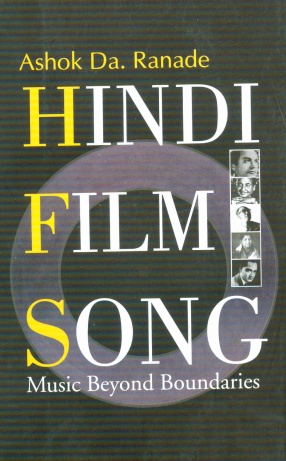
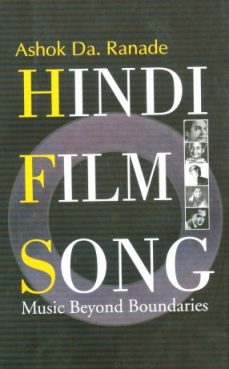
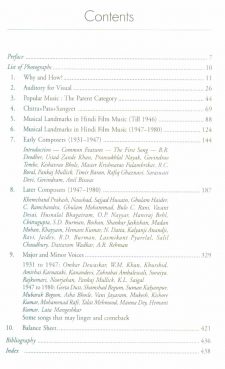
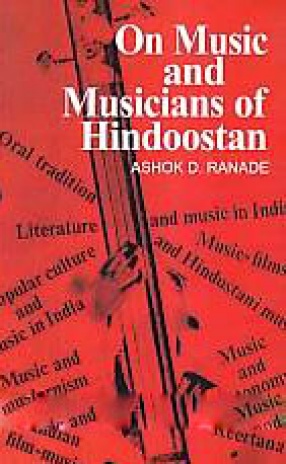
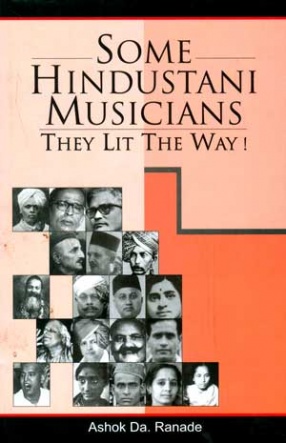
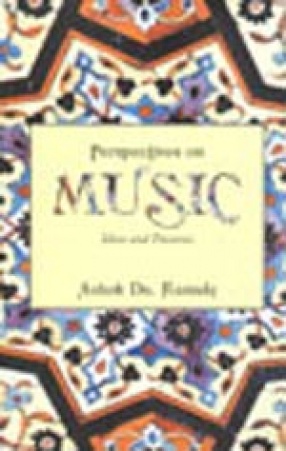
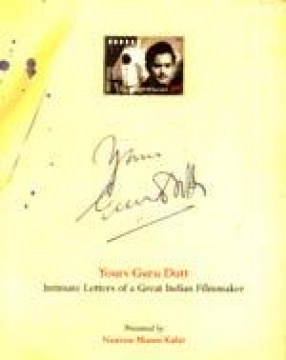

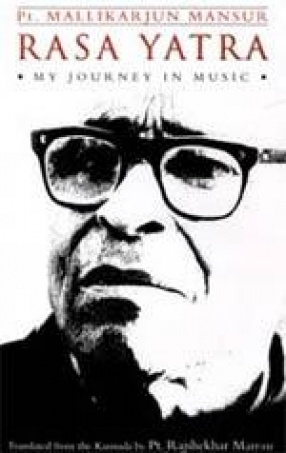
There are no reviews yet.